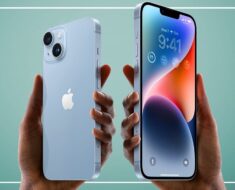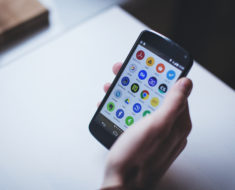Microsoft has teamed up with the Chinese tech company Xiaomi to develop new artificial intelligence (AI) speakers. As explained by TechCrunch, the two companies recently signed a formal agreement, allowing them to collaborate on projects involving AI, cloud computing and tech hardware. While we don’t know the full details of the companies’ partnership, reports indicate that they’re looking to develop an AI-powered speaker.
AI speakers have become increasingly popular in recent years. Also known as a smart speaker, it typically features a voice-controlled interface with a digital assistant. Not surprisingly, Amazon currently dominates the AI speaker market. According to a report by VoiceBot.ai, the Amazon Echo accounts for 91.7 percent of all AI speakers while the Google Home accounts for 6.7 percent.
Most AI speakers feature an AI system, such as Amazon’s Alexa or Google’s Assistant. Microsoft has even integrated its AI system, Cortana, into the Harmon Kardon Invoke speaker. However, Invoke has struggled to generate sales since being launched in 2017. As a result, some market analysts believe that Microsoft will develop and release a new AI-powered speaker with the help of Xiaomi. Another possibility, though is that Microsoft will integrate its Cortana AI system into Xiaomi’s Mi A1 speaker.
In addition to developing a new AI speaker, Microsoft and Xiaomi are discussing projects involving conversational speech and AI, including Bing Search, Edge and other related services, reveals digitaltrends.com. Google continues to hold steady as the world’s most popular search engine, accounting for nearly three-fourths of all searches in 2017. However, Bing also attracts a decent amount of traffic, often accounting for 5 percent to 10 percent of all searches. With this new partnership, perhaps we’ll see improvements made to Bing Search.
It’s important to now that Microsoft and Xiaomi didn’t sign a legally binding contract for their new partnership. They only signed a memorandum, which means neither company is required to follow through. Nonetheless, it’s safe to assume the two companies will work together to achieve a common goal in the AI market.
Of course, this isn’t the first time that Microsoft has worked with Xiaomi. In 2015, the Redmond-based tech company signed a contract with Xiaomi to test Windows 10 on various Xiaomi devices. Just one year later, Xiaomi purchased patents to integrate Microsoft’s apps and services on its mobile devices. This recent partnership, however, signals a new area of cooperation as the two companies seek to develop new AI products.
Dil Bole Oberoi






